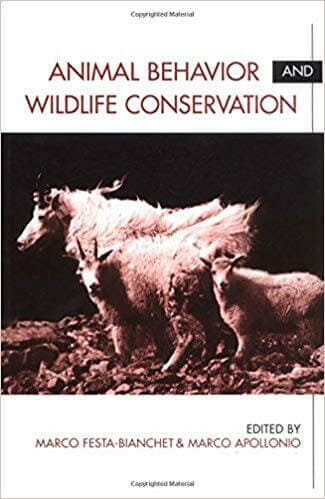In the realm of alternative schooling and education, unit studies offer a unique approach to learning that delves deep into specific topics while fostering critical thinking and problem-solving skills. When it comes to selecting a subject for a unit study, one particularly engaging and impactful theme could be centered around animal behavior and wildlife conservation. By immersing students in this fascinating field, educators can provide an interdisciplinary experience that combines science, ethics, environmentalism, and more.
To begin with, designing a unit study on animal behavior allows students to explore the rich diversity of creatures inhabiting our planet. From the complex social structures of meerkats to the impressive communication skills of dolphins, there is no shortage of intriguing examples to captivate learners’ interest. By studying how different species interact with their environment and each other, students can gain valuable insights into evolutionary adaptations as well as the interconnectedness of ecosystems.
Moreover, focusing on wildlife conservation within the context of such a unit study provides an opportunity for students to grapple with real-world challenges facing animals today. They can learn about various threats – such as habitat loss, climate change, poaching, and pollution – that endanger different species worldwide. By examining case studies and conservation efforts aimed at protecting endangered animals like rhinos or orangutans, students can develop empathy and awareness regarding pressing environmental issues.
One key aspect of a unit study on animal behavior and wildlife conservation is encouraging critical thinking through inquiry-based activities. For example, students might investigate how human activities impact local bird populations or analyze data on declining bee populations and potential causes. In doing so, they will not only deepen their understanding of ecological concepts but also hone their analytical skills by drawing connections between different factors influencing animal welfare.
In addition to theoretical knowledge acquisition through textbooks or online resources, hands-on experiences play a crucial role in reinforcing learning outcomes within this unit study framework. Field trips to nature reserves or wildlife rehabilitation centers offer opportunities for direct observation of animal behavior in natural settings while engaging with professionals working in the field of conservation biology. Such immersive experiences can inspire students to consider future career paths related to wildlife research or environmental advocacy.
Furthermore, incorporating project-based assessments into this unit study format enables students to apply their newfound knowledge creatively while developing problem-solving abilities. For instance, they could design a hypothetical conservation plan for a threatened species endemic to their region or create educational materials raising awareness about sustainable practices benefiting local wildlife populations. These projects not only showcase student initiative but also encourage collaboration among peers in finding innovative solutions towards achieving shared goals.
Considering the multidisciplinary nature of animal behavior and wildlife conservation studies lends itself well to integrating diverse subjects like biology, geography,…
…ethics,sociology,, economics,,and more into lesson plans..For instance,,students may explore ethical dilemmas surrounding zoos’ roles in species preservation,,debate economic trade-offs associated with ecotourism initiatives,,,or examine cultural attitudes towards hunting practices affecting endangered animals.In doing so,,they will cultivate cross-cutting competencies essential for navigating complex issues pertainingto biodiversityconservationandinformed decision-makingpracticesintheirfuturelives..
Overall,aunitstudycenteredaroundanimalbehaviorandwildlifeconservationoffersauniquelyengagingapproachtoalternativeeducationthatnurturescriticalthinkingskillsandfostersanappreciationforthebeautyandfragilityofthenaturalworld.Byimmersingstudentsintheintricaciesofanimalinteractionsandreallifewildlifemanagementchallenges,thisframeworknotonlypromotesacademicexcellencebutalsocultivatesacommunityconsciousnessabouttheimportanceofpreservingbiodiversityforfuturegenerations.Aseducatorsembraceinnovativeapproacheslikesuchunitstudies,theircapacitytoinspireyoungmindstothriveascompassionate,stewardsofourplanetgrowsimmenselyandsignificantlycontributestoabettertomorrowforalllivingcreaturesonEarth.

Leave a comment